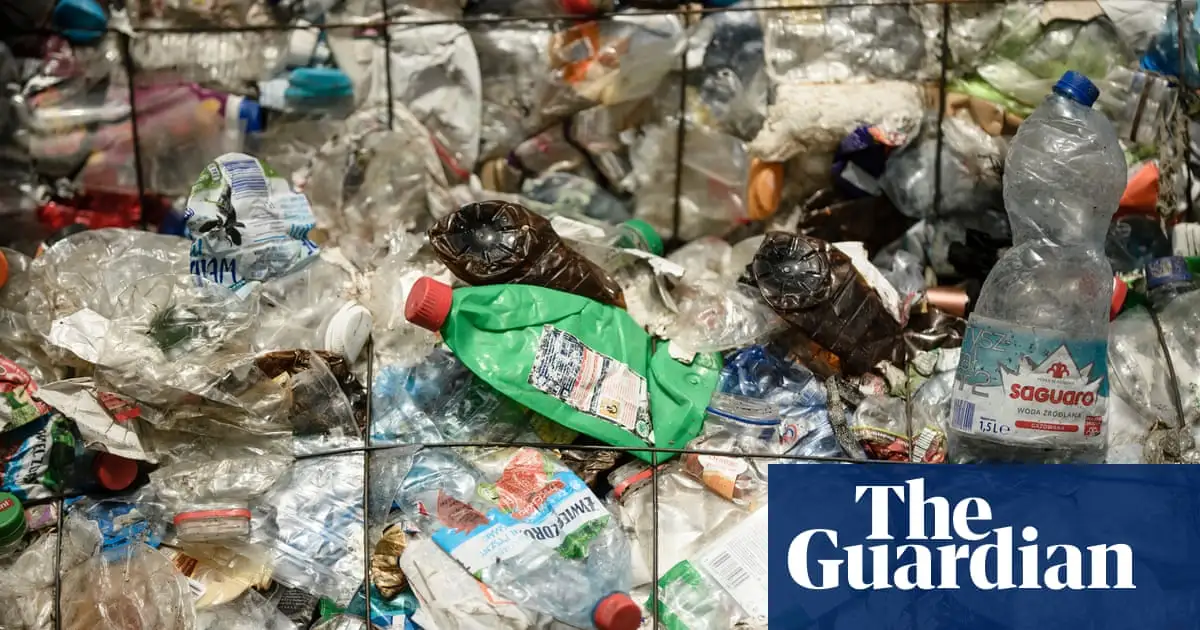Well that's exactly the lie they sold. Reduce? Reuse? Absolutely. No question.
Recycle? If it makes sense. Should you recycle magazines? Sure, I'm sure it's possible... But that glossy coating means you'd have to put it through a bunch of rounds of chemical baths or something to separate that plastic crap off. Same with cardboard - if it's glossy, it's probably not going to turn back into wood pulp, and if it's oily it'd also ruin the batch (after a certain amount) so no pizza boxes either.
It's like that for just about anything you want to recycle - you have to look at the cost. And I mean full cost - the energy cost, fossil fuel used to produce required chemicals, the river those chemicals end up eventually, the environmental opportunity cost of bothering with it vs creating it fresh, and finally the man hour and infrastructure costs
Even if we publicly funded it, it's still an externality to the producer.
And that's the lie. It's like bailing out a cruise ship with a drinking cup... Theoretically it seems like "hey, if we can just move faster and we all do it, it could work!" But the numbers won't work. You can't scoop water up infinitely fast, and the geometry is going to limit how many people can increase the speed of bailing out water.
The only way this works is by plugging the holes or building enormous systems to offset the water coming in.
Reduce, reuse, recycle is a lie because it was never possible. Not for plastics - paper works pretty well, glass can work (but it's a lot of energy if you don't reuse it), metals work if the price is right.
But plastic barely works to create an inferior product (where only a portion of the material is recycled - you always have to add new plastic, sometimes only a few percent, sometimes more than half). You also have to sort it, ship it, wash the crap out of it, and deal with all the micro plastic-infused solvents. Because plastic sheds from heat, cold, UV light, mechanical pressure, and looking at it funny - every step of the process, you're dusting the surroundings in micro plastics. Even rainwater is full of micro plastics. And generally, it all ends up washed into the nearest body of water and the soil
And what's worse, is everything is coated in plastic if not made of it originally.
The only answer is to make companies stop wrapping everything in plastic... Yeah, it's super convenient and cheap, but we could figure out better options.
People are so worried about the AI alignment problem, but the corporate alignment problem is a much bigger threat - we have to make them want it, because the campaign to "reduce, reuse, recycle" bought them 40 years of complacency

